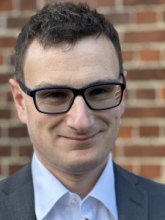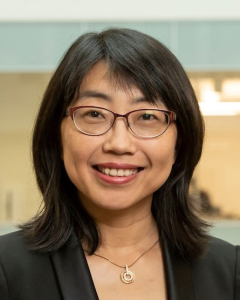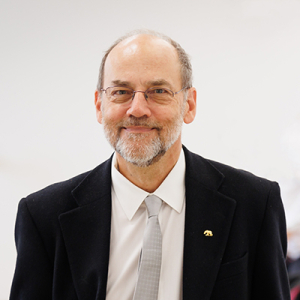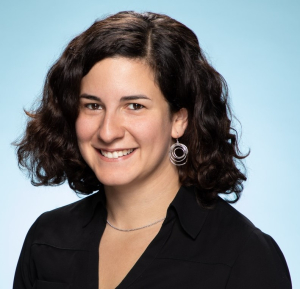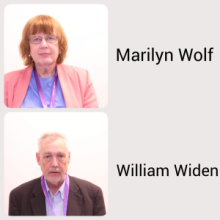EDAA Achievement Award 2024
Ingrid Verbauwhede, KU Leuven, BE
https://www.date-conference.com/edaa-achievement-award-2024-goes-ingrid-verbauwhede
IEEE CEDA Service Award
Ian O’Connor, École Centrale de Lyon, FR
IEEE CS TTTC Outstanding Contribution Award
Andy D. Pimentel, University of Amsterdam, NL
ACM SIGDA/CEDA/EDAA PhD Forum Prize
Lukas Burgholzer, TU Munich, DE
DESIGN AUTOMATION TOOLS AND SOFTWARE FOR QUANTUM COMPUTING
Matteo Risso, Politecnico di Torino, IT
AUTOMATIC HARDWARE-AWARE DESIGN AND OPTIMIZATION OF DEEP LEARNING MODELS
EDAA Outstanding Dissertation Awards
Topic 1 – New directions in systems design methods and tools, simulation and validation, embedded software design and optimization for embedded, cyber-physical, secure and learning systems
Stefan Nikolic, EPFL, CH (Advisor: Prof. Paolo Ienne, EPFL, CH)
Automating the Design of Programmable Interconnect for Reconfigurable Architectures -
Topic 2 – New directions in SoC platforms co-design, novel architectures for future computing in design flows, and power management
NO AWARD
Topic 3 – New directions in logic, physical design and CAD for analog/mixed-signal, nano-scale and emerging technologies
Nan Wu, UC Santa Barbara, US (Advisor: Prof. Yuan Xie, UC Santa Barbara, US)
Machine Learning Empowered Agile Hardware Design and Design Automation
Topic 4 – New directions in safety, reliability and security-aware hardware design, validation and test
Zhixin Pin, University of Florida, US (Advisor: Prof. Prabhat Mishra, University of Florida, US)
Defending Systems Against Malicious Attacks using Machine Learning
DATE Fellow Award
Ian O´Connor, École Centrale de Lyon, FR
For outstanding service contribution for DATE as General Chair of DATE 2023.
DATE Best Paper Awards
D-Track:
Xueyuan Liu1, Zhuoran Song1, Guohao Dai1, Gang Li1, Can Xiao2, Yan Xiang2, Dehui Kong2, Ke Xu2 and Xiaoyao Liang1
1Shanghai Jiao Tong University, CN; 2Sanechips Technology, CN
FusionArch: A Fusion-Based Accelerator for Point-Based Point Cloud Neural Networks (Session BPA04 Novel Architecture Solutions)
A-Track:
Matteo Risso1, Chen Xie1, Francesco Daghero1, Alessio Burrello2, Seyedmorteza Mollaei1, Marco Castellano3, Enrico Macii1, Massimo Poncino1 and Daniele Jahier Pagliari1
1Politecnico di Torino, IT; 2Politecnico di Torino | Università di Bologna, IT; 3STMicroelectronics, IT
HW-SW Optimization of DNNs for Privacy-preserving People Counting on Low-resolution Infrared Arrays (Session BPA01 Better Machine Learning)
T-Track:
Yujin Lim, Dongwhee Kim and Jungrae Kim, Sungkyunkwan University, KR
SELCC: Enhancing MLC Reliability and Endurance with Single-Cell Error Correction Codes (Session BPA02 Reliability and Optimizations)
E-Track:
Yifeng Xiao1, Chanwook Oh1, Michele Lora2 and Pierluigi Nuzzo1
1University of Southern California, US; 2Università di Verona, IT
Efficient Exploration of Cyber-Physical System Architectures Using Contracts and Subgraph Isomorphism (Session BPA04 Novel Architecture Solutions)
Outstanding Reviewer Awards
for contributing most valuable reviews for submitted papers, by giving insightful and constructive feedback to the authors, timely submitting manuscript reviews as well as consistent and timely engagement through the selection process, including both online discussion and TPC meeting.
D-Track:
Todor Stefanov, Leiden University, NL
Alejandro Valero, Universidad de Zaragoza, ES
A-Track:
Michael Pehl, Technical University of Munich, DE
Giovanni Amedeo Cirillo, STMicroelectronics, IT
T-Track:
Harish Dixit, Meta Platforms Inc., US
Riccardo Cantoro, Politecnico di Torino, IT
E-Track:
Hadjer Benmeziane, IBM Research, CH
Mohammad Ashjaei, Mälardalen University, SE
Young People Programme University Fair Award
Marc Solé Bonet1, Ivan Rodriguez Ferrandez2, Dimitris Aspetakis1, Jannis Wolf1, Matina Maria Trompouki1and Leonidas Kosmidis2
1BSC, ES; 2UPC | BSC, ES
Hardware and Software Designs for High Performance and Reliable Space Processing
We would like to thank the jury who carefully reviewed all presentations and selected the winner.
Hassan Najafi, Antonio Miele, Marcello Traiola, Angeliki Kritikakou, Jose Cano Reyes, Li Zhang
ASD Outstanding Paper Award
in line with the DATE Special Initiative "Autonomous Systems Design"
Justin Davis and Mehmet Belviranli, Colorado School of Mines, US
Context-aware Multi-Model Object Detection for Diversely Heterogeneous Compute Systems









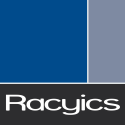
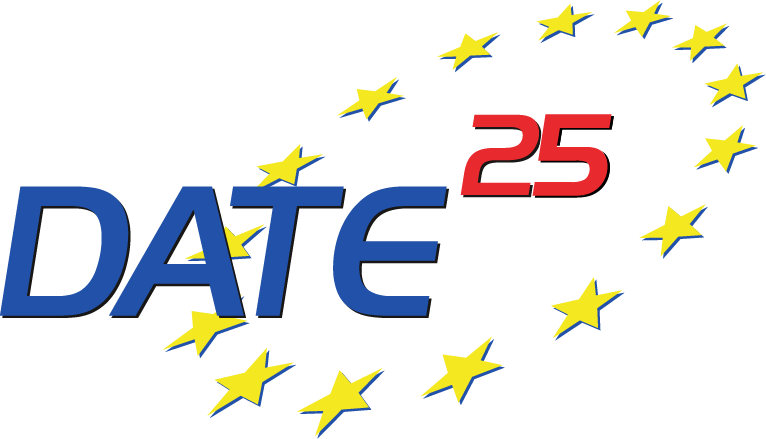 Design, Automation and Test in Europe Conference
Design, Automation and Test in Europe Conference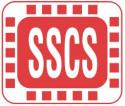
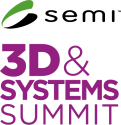



 The Achievement Award is given to individuals who made outstanding contributions to state of the art in electronic design, automation and testing of electronic systems in their life. To be eligible, candidates must have made innovative contributions that impacted how electronic systems are being designed.
The Achievement Award is given to individuals who made outstanding contributions to state of the art in electronic design, automation and testing of electronic systems in their life. To be eligible, candidates must have made innovative contributions that impacted how electronic systems are being designed.
